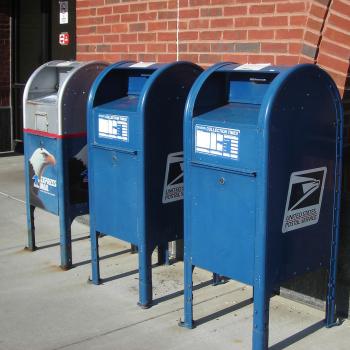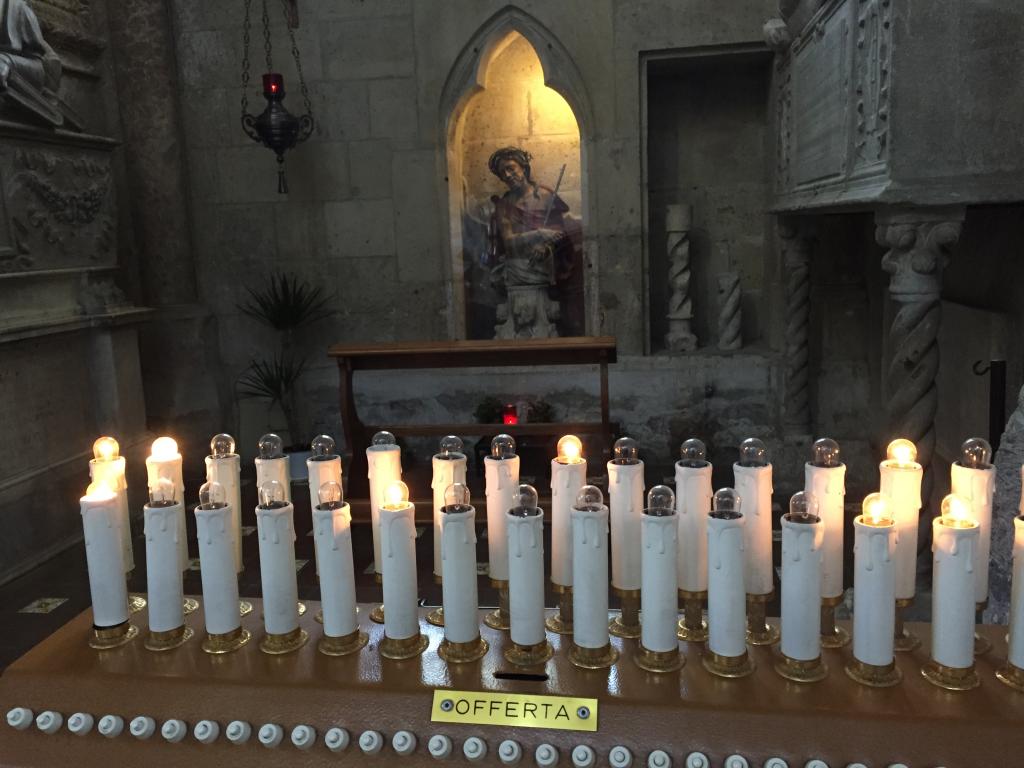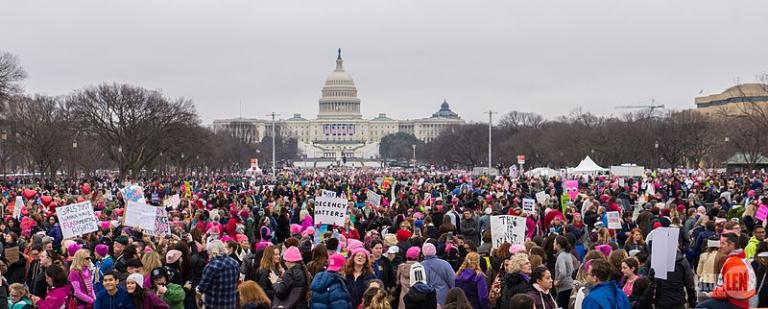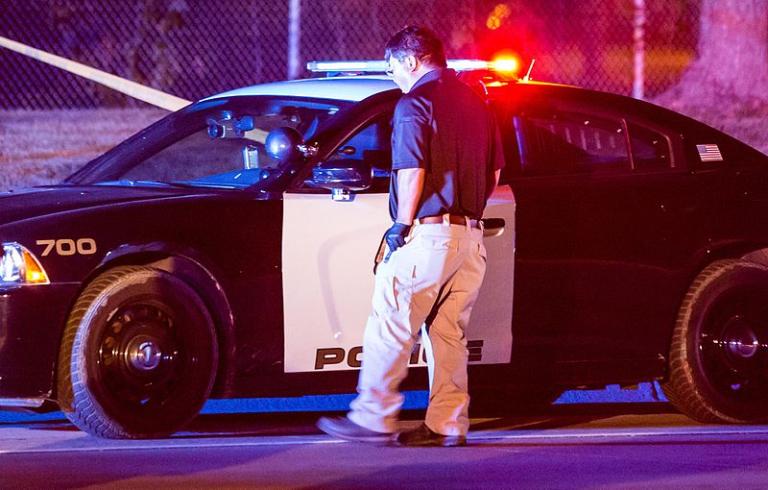In case you haven’t been following the news, yesterday Donald Trump cancelled his scheduled rally at the University of Illinois at Chicago stadium, shortly before he was scheduled to begin speaking, while the crowd waited for Trump to arrive, when it became clear that protesters were beginning to take actions to disrupt the event, from chanting anti-Trump slogans to rushing the stage. Here’s a report from ABC News, with the basics of the story. Here’s another report from AP, which cites a protester:
Chicago community activist Quo Vadis said hundreds of protesters had positioned themselves in groups around the arena, and they intended to demonstrate right after Trump took the stage.
Their goal, he said, was “for Donald to take the stage and to completely interrupt him. The plan is to shut Donald Trump all the way down.”
This was not a spontaneous protest, but planned well in advance. And protests continued in the streets after the stadium was cleared. The Gateway Pundit (not my favorite source, as he’s a Trump supporter) reports that some protesters even blocked an ambulance from passing.
There was similar disruption, and subsequent clashes in the streets following a rally earlier in the day in St. Louis, as reported by the L.A. Times.
Reports link this up to a general tenor of belligerence at Trump rallies. Articles cite him as having said, of one protester, “I’d like to punch him in the face,” and, in another case, saying “I will pay any legal fees. I promise, I promise,” if someone acts on his statement, “If you see somebody getting ready to throw a tomato, knock the crap out of them, would you?”
And in the immediate aftermath of these events, each of Trump’s opponents said that Trump at least bore some of the blame for the events of Friday night. Rubio said, “”You can’t just say whatever you want. These words have real consequences,” in a Kelly File interview, and Cruz went further, saying, just prior to the Lincoln Day Dinner (which I could have gone too — as it happens, it was the annual fundraiser dinner for my own local Republican organization, that I had looked at a couple weeks ago when I checked their website in one of my occasional “maybe I should get involved” moments):
“I think a campaign bears responsibility for creating an environment, when the candidate urges supporters to engage in physical violence–to punch people in the face. The predictable consequence of that is that it escalates and today is unlikely to be the last such instance.
But the trouble is this: we’re not talking about a situation such as an outdoor protest march or rally with counter-protesters turns violent almost organically, or in which a mob incited by Trump moves on to attack others.
This seems like something altogether different, for protesters to move from simply registering their objection outside the rally, to entering in the rally in large numbers, and to move from protesting to, as the AP-cited activist says, intending to shut Trump “all the way down.” When did this start happening? It feels very new to me, the idea that you’d actually enter a venue such as this with the specific plan of protesting the event, and not even silently, but vocally and disruptively, throwing tomatoes or worse — and not just isolated hecklers, but routinely and coordinatedly, with the loud “F*** Trump” chants that have been reported.
And, indeed, with apologies for the lack of citations here, the general mood on twitter and in activists quoted in articles I read last night, or on the news, is that “free speech” is not just to the right to say what you will, but the right to shout down others. And in that sense, this rally fits with a pattern of conservative speakers on university campuses being shouted down, or chased away by leftists, and of university administrations cancelling other such speakers to avoid this.
What’s more, these protesters are motivated by Trump’s anti-Mexican and anti-Muslim statements, and by a general opposition to his positions on immigration and other topics, and come out of the Occupy, MoveOn, and Black Lives Matter movements. And perhaps if there were no Trump, they’d direct their attention to Cruz rallies similarly.
But at the same time, you can’t split out these chains of events from Trump’s statements along the way; everything’s intertwined. Did Trump’s statements in the past motivate this crop of protesters? No, not in isolation, though it perhaps contributed to their escalation from prior smaller protests. But the very fact that Trump has said these things has meant that it’s not possible to know what would have happened had he not, and that, in itself, without trying to to untangle anything further, is the reason to stay away from such statements in the first place.
Finally, something fun: as I was typing this up, I got a phone call: a robocall push poll on this very topic! — asking if I agreed or disagreed that “America is better than this” and whether the events last night made more more or less likely to support Trump. I googled “America is better than this” and the top hits say this was a Ted Cruz quote, hoping to use this incident to boost his chances on Tuesday.













